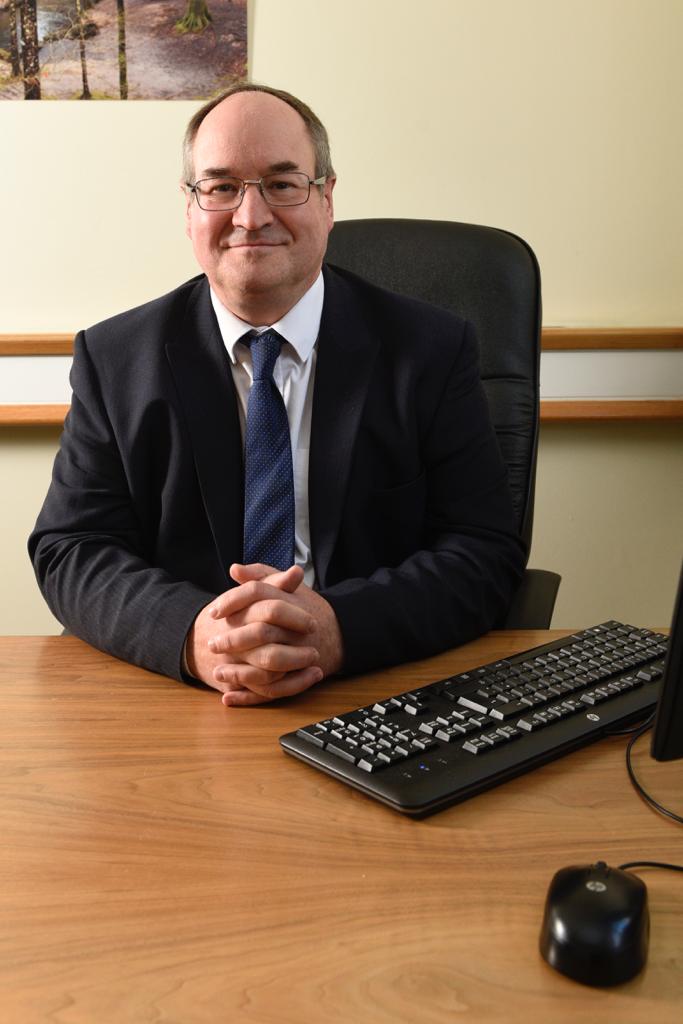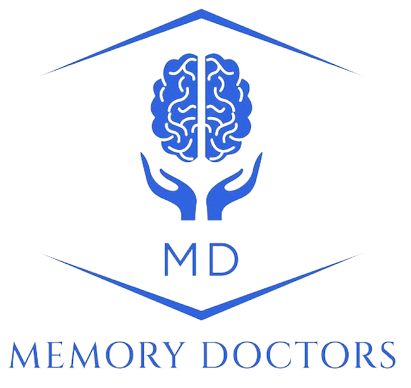frequently asked questions

COMMON QUERIES
Asked Questions
Becoming forgetful does not always mean you have dementia. There can be many causes for becoming more forgetful. Some of the common causes are vitamin deficiencies, medical conditions like under-active thyroid, sleep deprivation, excessive alcohol intake, anxiety disorders, medications and depression; most of these factors which are impacting your memory are treatable but if left untreated they can increase the risk of developing dementia.
We all forget a name or a face sometimes, especially as we get older. But the changes caused by dementia are different and more serious.
It starts in different ways for each individual. They can be subtle and confusing. Though they can be easily be dismissed. Early detection enable you to seek not only treatment, but also support. The sooner you know, the sooner you can begin to manage what is happening. The most common early warning signs are short term memory problems, such as regularly forgetting recent events, names and faces, asking questions repetitively, increasing difficulties with tasks and activities that require organisation and planning, becoming confused in unfamiliar environments, difficulty finding the right words, difficulty with numbers and/or handling money in shops and becoming more withdrawn or anxious.
There are more than 850,000 people in the UK who have dementia. One in 14 people over the age of 65 have dementia, and the condition affects 1 in 6 people over 80. The number of people with dementia is increasing because people are living longer. It is estimated that by 2025, the number of people with dementia in the UK will be more than 1 million.
Dementia is a term used to describe a set of symptoms including short term memory loss, difficulties with thinking, problem-solving or language. Some of these symptoms might be small to start off with, but as dementia progresses they may affect day to day functioning. Dementia can be caused by several different diseases that affect the brain. Alzheimer’s disease is the most common cause of dementia.
Mild cognitive impairment (MCI) is a condition in which someone has minor problems with memory which is worse than would normally be expected for a healthy person of their age but not severe enough to be dementia. A person with MCI is more likely to go on to develop dementia.
There are many people who might feel like you. You can request a free 10 minutes consultation and one our consultants will contact you to check if Memory Doctors can be beneficial to you. There would be no obligation to book an appointment.
In majority of cases you would be seen within a week.
Memory Doctors offers tele consultations to patients who are unable to physically attend our clinic in Leeds.
Yes, patient will generally be followed at six to twelve month intervals. This allows to monitor your memory, how to reduce the risk factors of dementia, and to establish and maintain close working relationships with both individual and families.
If you are started on memory medication, you would need at least one follow up by us to monitor your response to medication further follow ups can be arranged via your GP
Cognitive Stimulation Therapy (CST), is a brief, evidence-based, 14 sessions, weekly group therapy for people with mild to moderate dementia. It is recommended by the latest National Institute for Health and Care Excellence (NICE) guidelines for people with mild to moderate dementia and leads to improved cognition and quality of life. CST is as effective as memory medication.
Group CST is a treatment approach for people with dementia and it is evidence base. It provides interventions such as reality orientation, reminiscence work and multi-sensory approaches to implicit learning. CST focuses on implicit learning and offers a supportive, familiar & consistent learning environment.
Formal diagnosis of dementia would entitle you to benefits and council tax discount which would in average save you around £4000 per year. You will also could get more support for you and your family.


In majority of cases you would be seen within a week.
Memory Doctors offers tele consultations to patients who are unable to physically attend our clinic in Leeds
Yes, Patient will generally be followed at six to twelve month intervals. This allows to monitor your memory, how to reduce the risk factors of dementia, establish and maintain close working relationships with both individual and families.
If you are started on memory medication, you would need at least one follow up by us to monitor your response to medication further follow ups can be arranged vis your GP
Cognitive Stimulation Therapy (CST), a brief, evidence-based, 14 session, weekly group therapy for people with mild to moderate dementia. It is recommended by the latest NICE (National Institute for Health and Care Excellence) guideline for people with mild to moderate dementia and leads to improved cognition and quality of life. CST is as effective as memory medication.
Group CST is a treatment approach for people with dementia and it is evidence base. It provides interventions such as Reality Orientation, Reminiscence work and multi-sensory approaches to implicit learning. CST focuses on implicit learning and offers a supportive, familiar & consistent learning environment.
Formal diagnosis of dementia would entitle you to benefits and council tax discount which would in average save you around £4000 per year. You will also could get more support for you and your family.
Our current rates for different services summaries as below:
- Assessment and diagnosis:
- The cost of two consultations with a consultant memory specialist doctor for assessment, diagnosis and report would be a flat fee of £900. If memory medication is applicable, you will also receive an eight weeks private prescription for your memory medication.
- Most people would require dementia screening blood test which can be arranged by your NHS GP or if you wish we can arrange this for you to be done at a private centres.
- If you are you require to have brain scan and do not already have a relatively recent scan, we can arrange your scan to be done privately at a centre near you. The cost of scans varies and charged by private radiology department but in general an MRI head scans would be around £400. Some NHS GPs are happy to arrange your scan via NHS but there would be a waiting list for NHS brain scans.
- Follow ups and medication titration:
- Follow up consultation with a memory specialist consultant would be up to 30 mins and costs £195.
- If you are started on memory medication by us, you would need one follow up by us to monitor your response to medication. If you wish to have further follow up by us this can be arranged .
- Group CST and maintenance CST:
- We provide group CST and maintenance CST for those who have been diagnosed with dementia, MCI or have memory problems. The group size would be up to 12 people. The cost of 14 one hour weekly sessions would be £700.
Yes. you will receive a comprehensive report of your assessments which draws together all the different sources of information to explain the diagnostic decision reached. This will be sent on to the your GP and can be used to set out the care needs of the patient too.
Donanemab, aducanumab and lecanemab are the most recent medications for Alzheimer disease. The initial trails indicated that they are more effective in treating Alzheimer disease than the current medications. They are most effective when started in early stages of Alzheimer . They have not yet been approved in the UK. As soon as they are approved, we would be able to start prescribing them if applicable.
- No NHS waiting list.
- You will have a comprehensive assessment by senior memory specialist consultants who will take the time to answer questions and provide you with individualised care.
- We consider wide range of possible causes of memory difficulties.
- The risks factors and causes to memory loss will be taken to the account during your assessment. Some of these factors would increase the risk of dementia in the future if untreated .
- Considering your presentation, your physical and mental health, you will be informed of your risk factors of developing dementia and how to reduce them. 40% of dementia cases can be prevented or delayed.
- We use the Addenbrookes assessment tool. This is recognised as the most appropriate validated tool for use in specialist memory services.
- Early treatment can reduce the rate of progress of the condition and improve your quality of life. Early diagnosis includes recognition of pre-dementia conditions, such as mild cognitive impairment (MCI).
- You will be sign posted to more help and support available to people with dementia and their carers. This would improve your quality of life along with your family.
- You will be informed of your entitlements.
